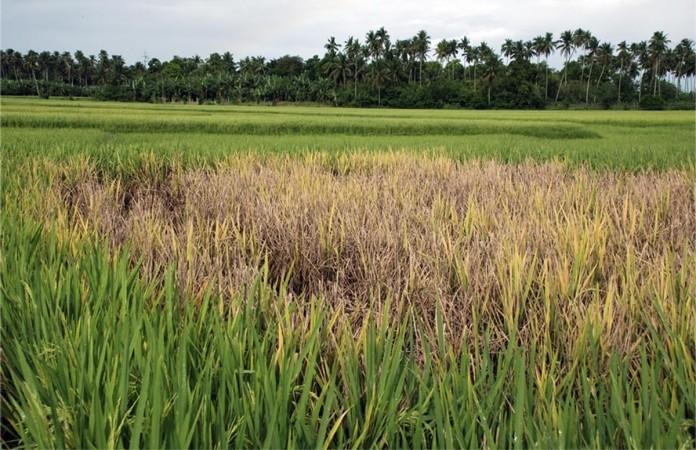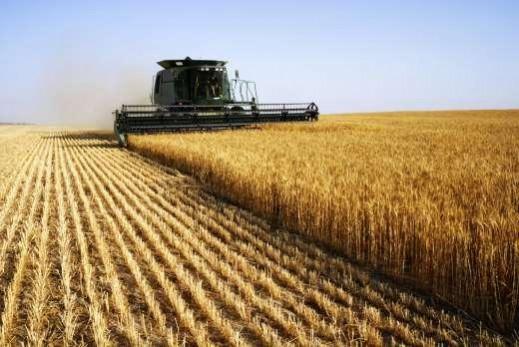
Cabinet Committee on Economic Affairs (CCEA), chaired by Prime Minister Narendra Modi, has approved an increase in the minimum support prices (MSP) for all mandated Rabi crops for the marketing season 2025-26. This decision, announced on October 16, 2024, aligns with the Union Budget 2018-19 announcement of fixing the MSP at a level of at least 1.5 times of the All- Indiaweighted average Cost of Production. The highest increase in MSP has been announced for rapeseed and mustard at Rs 300 per quintal, followed by lentil (masur) at Rs 275 per quintal. For gram, wheat, safflower, and barley, the increase is Rs 210 per quintal, Rs 150 per quintal, Rs 140 per quintal and Rs 130 per quintal, respectively. This move is expected to incentivize crop diversification and ensure better profitability for farmers.
The government's decision to increase the MSP is expected to provide boost to farmers' income. The expected margin over the All-India weighted average cost of production is 105 per cent for wheat, followed by 98 per cent for rapeseed and mustard; 89 per cent for lentil; 60 per cent for gram; 60 per cent for barley; and 50 per cent for safflower. In addition to the MSP hike, the Cabinet also approved nutrient-based subsidy (NBS) rates for the Rabi crops on phosphatic and potassic (P&K) fertilisers with a budgetary outlay of Rs 24,475.53 crore. This decision is expected to ensure the availability of fertilisers to farmers at subsidised, affordable, and reasonable prices. The subsidy on P&K fertilisers will be provided based on approved rates for Rabi 2024 to ensure the smooth availability of these fertilisers to the farmers at affordable prices. The agricultural sector in India has been witnessing a steady growth, with the country clocking record foodgrain production at 3,322.98 LMT (lakh metric tonnes) in the agriculture year 2023-24. This is higher by 26.11 LMT than the production of foodgrains at 3,296.87 LMT achieved during the agriculture year 2022-23. The foodgrain production saw a record increase due to good results with rice, wheat, and millet crops.

The government's decision to increase the MSP for Rabi crops is a significant move in the context of the ongoing discussions on agricultural reforms in the country. It is expected to provide a much-needed boost to the agricultural sector and ensure better profitability for farmers. The move is also in line with the government's commitment to doubling farmers' income and promoting sustainable and inclusive growth in the agricultural sector. In the past, similar measures have been taken by the government to support farmers. For instance, in 2018, the government had announced a significant increase in the MSP for Kharif crops, which was a major step towards improving farmers' income. The current decision to increase the MSP for Rabi crops is a continuation of the government's efforts to support the agricultural sector and ensure better livelihoods for farmers. However, it is important to note that while the increase in MSP is a positive step, there are other factors that need to be addressed to ensure the overall well-being of farmers. These include issues related to irrigation, access to quality seeds and fertilisers, and availability of credit, among others. The government's focus on these areas, in addition to increasing the MSP, will be crucial in ensuring the sustainable growth of the agricultural sector in the country. It is a step in the right direction towards ensuring better profitability for farmers and promoting sustainable and inclusive growth in the agricultural sector. However, it is important that this is complemented by other measures aimed at addressing the various challenges faced by farmers, to ensure the overall well-being and prosperity of the agricultural sector in the country.









!['Had denied Housefull franchise as they wanted me to wear a bikini': Tia Bajpai on turning down bold scripts [Exclusive]](https://data1.ibtimes.co.in/en/full/806605/had-denied-housefull-franchise-they-wanted-me-wear-bikini-tia-bajpai-turning-down-bold.png?w=220&h=138)



